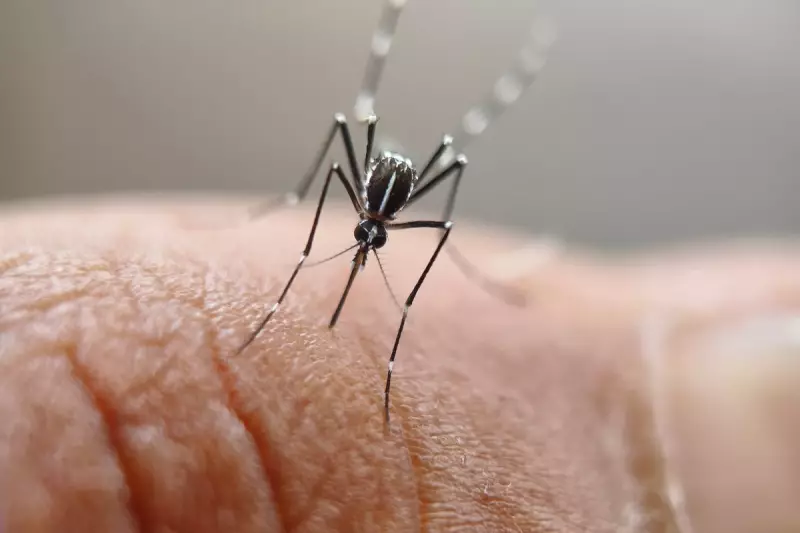
In a revolutionary move that could transform global disease control, British scientists are deploying genetically modified mosquitoes to combat the spread of deadly viruses including dengue, Zika, and chikungunya.
The Silent Invasion of Disease-Carrying Insects
The Aedes aegypti mosquito, a tiny but formidable enemy in global public health, has been responsible for millions of infections worldwide. These disease vectors have proven exceptionally difficult to control using conventional methods, prompting researchers to develop more sophisticated solutions.
How Genetic Engineering is Changing the Game
Unlike traditional approaches that rely on pesticides and public awareness campaigns, this groundbreaking technique involves releasing male mosquitoes that have been genetically modified with a self-limiting gene. When these laboratory-enhanced males mate with wild females, their offspring inherit this gene and fail to survive to adulthood.
The strategy represents a paradigm shift in vector control:
- Targeted approach specifically eliminates disease-carrying species
- Environmentally friendly alternative to widespread pesticide use
- Self-sustaining method that reduces mosquito populations over generations
- Minimal impact on other insect species and ecosystems
From Laboratory to Real-World Application
After years of rigorous testing and regulatory approval, these genetically modified mosquitoes are now being deployed in carefully controlled field trials. The results have been promising, showing significant reductions in local Aedes aegypti populations without adverse environmental effects.
"This isn't about eliminating all mosquitoes," explains one lead researcher. "It's about specifically targeting the species that poses the greatest threat to human health while preserving ecological balance."
A Global Health Solution with British Innovation
The research represents a significant achievement for UK science and its contribution to global health security. As climate change expands the geographical range of tropical disease vectors, such innovative approaches become increasingly vital for protecting populations worldwide.
While the technology shows immense promise, scientists emphasize the importance of continued monitoring and community engagement to ensure both effectiveness and public acceptance of this novel approach to disease prevention.





